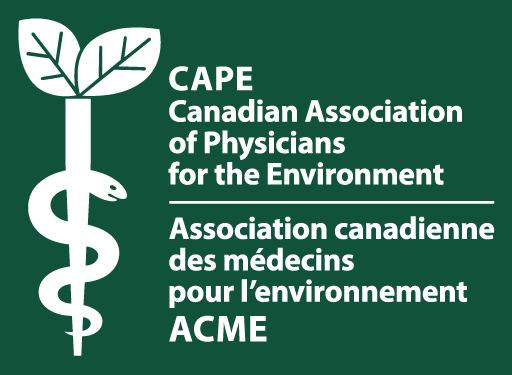Dubai & Ottawa, December 5, 2023 – A fair cap on emissions from oil and gas would avoid the premature deaths of approximately 4,860 people in Canada over a decade, an economic benefit of CAD $45.1 billion, according to a new analysis from the Canadian Association of Physicians for the Environment (CAPE).
Released on Energy Day at COP28, the analysis finds that by capping emissions from the oil and gas industry at the same level as Canada’s national climate target – 45% below 2005 levels by 2030 – thousands of premature deaths due to air pollution would be avoided by 2040. This is due to the projected reduction in air pollution associated with the oil and gas industry, specifically nitrogen dioxide (NO2), fine particulate matter (PM2.5) and annual and summer ozone, which have been linked to premature deaths.
This reduced risk of mortality is valued at an estimated CAD $45.1 billion, according to methodology used by Health Canada. The true economic and health benefits are likely far greater, as this analysis does not account for the avoided health care costs associated with premature deaths nor non-fatal health outcomes of air pollution – including respiratory conditions such as asthma, cardiac disease, neurological disorders including dementia, and reproductive issues such as low birth weight. It also does not consider avoided impacts of the oil and gas industry’s contribution to the climate crisis, for example heat deaths and wildfire smoke.
“As an emergency doctor, I’ve seen first hand how air pollution and the climate crisis can damage patients’ health. I urge decision-makers in Ottawa to prioritize the wellbeing of Canadians and introduce a fair emissions cap on oil and gas with no more delays,” says Dr. Joe Vipond, past-president of the Canadian Association of Physicians for the Environment.
Canada has yet to complete a national study of the actual health costs (fatal and non-fatal) from air pollution arising from oil and gas production, despite the sector’s growth and plans for expansion. The oil and gas sector is Canada’s fastest-growing and highest-emitting economic sector. The federal government has also never conducted a baseline study on the health impacts of oil sands production on nearby Indigenous communities, despite the communities’ request and the government’s promise to do so nearly 15 years ago.
A U.S.-based study concluded that oil and gas production in the United States resulted in 7,500 excess deaths in a single year, and annual health costs of USD $77 billion (CAD $104.5 billion), including high health costs in places that produce very little oil and gas. CAPE and other leading organizations have called for the health impacts of oil and gas to be considered in key environmental policies including the cap on oil and gas emissions.
“It’s only fair that the oil and gas industry – Canada’s most polluting sector – works as hard as all Canadians and our other industries to bring down their pollution. The longer Canada waits to implement a fair emissions cap, the bigger the health risks and the larger the economic damages,” adds Vipond.
The federal government is expected to make an announcement regarding an oil and gas emissions cap this week at COP28. Yesterday’s announcement of stronger regulations on methane could increase the cost-effectiveness of an oil and gas emissions cap.
-30-
View the analysis here: https://cape.ca/wp-content/uploads/2023/12/Health-benefits-of-fair-oil-and-gas-emissions-cap-briefer.pdf
For more information, please contact:
Reykia Fick, Communications Director, Canadian Association of Physicians for the Environment (CAPE) 647-762-9168, media@cape.ca
